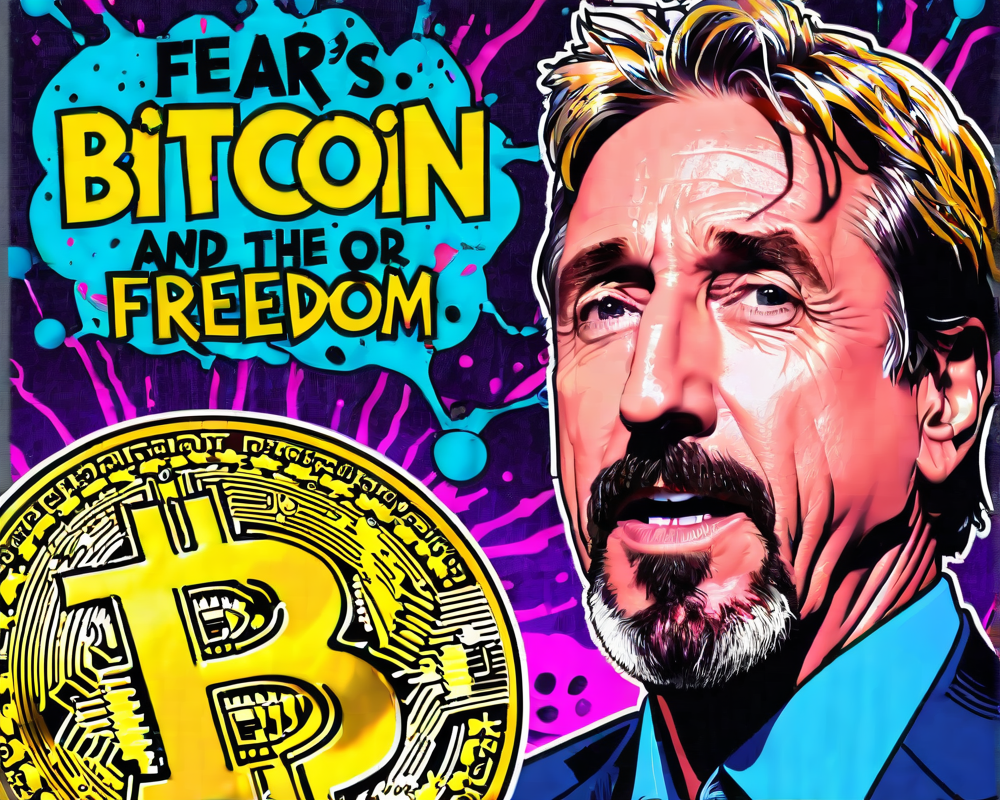Swedish Authorities on the Offensive
In a bold move, the Swedish Financial Supervisory Authority and the Swedish Environmental Protection Agency have called for a continent-wide ban on proof-of-work (PoW) crypto mining, the primary method behind generating Bitcoin (BTC). This might sound like a plot twist in a financial thriller, but it’s real life. The target? Crypto miners who have seemingly overstayed their welcome in the energy sector.
Pushback from Crypto Insiders
In response, Melanion Capital, a Paris-based investment firm renowned for dabbling in Bitcoin ETFs, fired off a missive expressing strong dissent. “The claim that Bitcoin miners jeopardize the electricity network is completely misinformed,” they declared with the flair of a determined knight defending their castle. Their argument hinges on a simple yet poignant point: when electricity demand spikes, so do energy prices, making PoW mining less profitable. In other words, it’s not all doom and gloom!
The Role of Miners in Energy Supply
Interestingly, this flame of disagreement isn’t happening in a vacuum. States like Texas have rolled out the welcome mat for Bitcoin miners, presenting a more hospitable stance. Melanion emphasized how crypto miners can actually aid renewable energy generation: “They capture wasted energy and provide a baseload for resources like wind or hydropower.” Who would have thought Bitcoin miners could moonlight as eco-heroes?
The Political Landscape
However, here’s where it gets sticky: Bitcoin mining lacks the political clout that many traditional industries enjoy. With no lobbyists to advocate for them, miners find themselves on shaky ground. Melanion Capital cautioned against unchecked power plays by governments, insisting, “The absence of such a political counterbalance should not render illegal an industry for its lack of defensive powers.” It sounds a bit like an underdog story, where the little guy is fighting for survival against the bigger players.
The Environmental Debate
The environmental impact of Bitcoin mining was a hot topic at the United Nations Climate Change Conference, with industry experts and influencers weighing in. Kristina Cornèr, editor-in-chief at Cointelegraph, underscored a vital perspective: we need new mindsets in the blockchain world. It’s not just about pointing fingers; it’s about rolling up our sleeves and finding solutions. Talk about inspirational!
Sustainability Progress
In the midst of this kerfuffle, the Bitcoin Mining Council reported an uptick in the sustainable electricity mix within the mining industry, which reportedly grew to 56% in Q2 of 2021. This statistic is a beacon of hope, suggesting that miners are looking beyond fossil fuels. Furthermore, there are whispers about nuclear energy stepping into the limelight, potentially bringing in “enormous amounts of clean, carbon-free” energy to settle the baseload. Who knew that nuclear power and Bitcoin could share a stage?
Conclusion
As the genre of “who knows best for Bitcoin mining” unfolds across Europe, one thing is clear: the conversation is far from over. Stakeholders from various corners of the arena are grappling with its complexities, and it’s a wild ride filled with humor, drama, and a little bit of science fiction. As we continue to excavate the depths of crypto, it looks like we may need to keep our helmets on!




